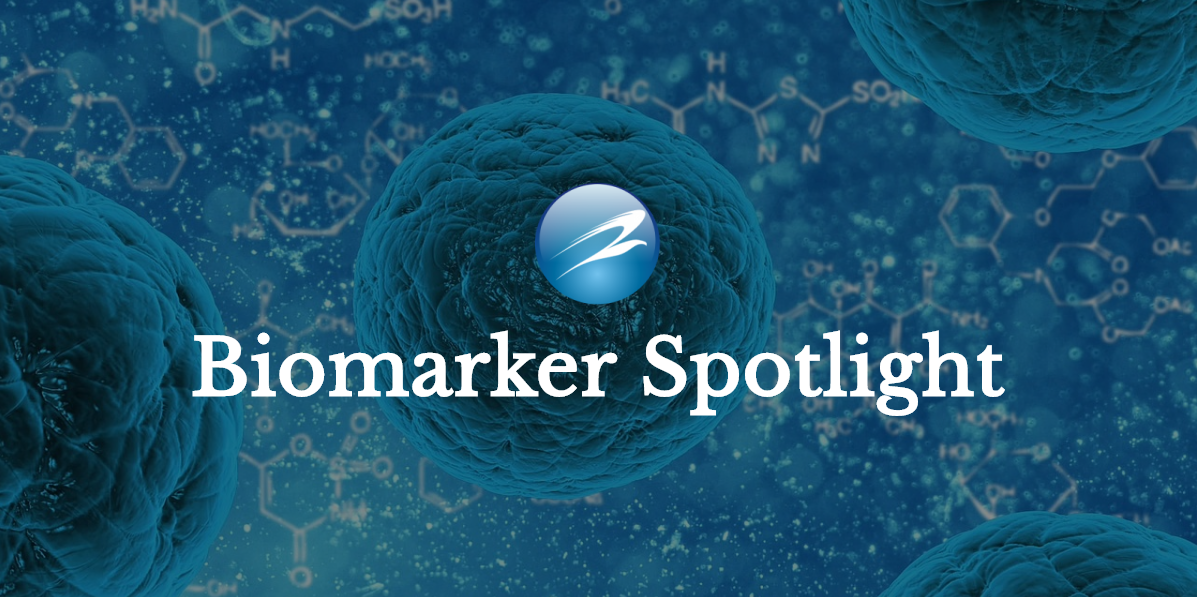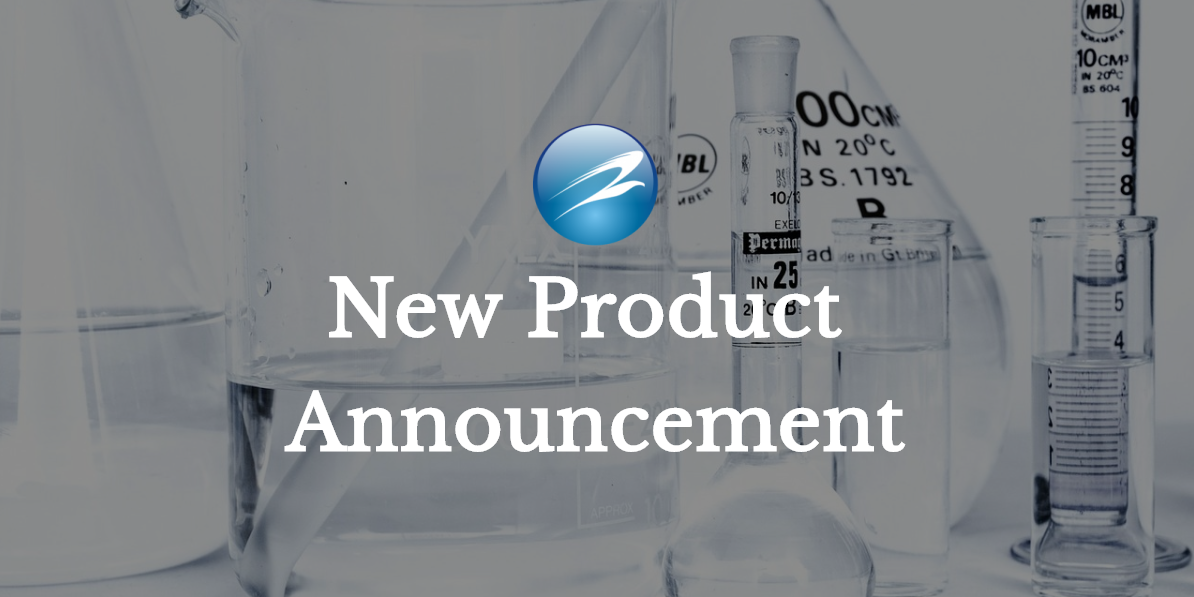
The Eagle Bioscience’s ACTH ELISA Assay Kit was recently highlighted in a publication about the cortisol and adrenocorticotrophic hormone (ACTH) in infants after receiving corticosteroids following cataract surgery.
Abstract
Purpose
Cushingoid features are occasionally encountered in infants after pediatric cataract surgery. The aim of this study is to evaluate whether the use of topical glucocorticoids (GCs) following congenital cataract surgery can result in endogenous adrenal suppression and/or systemic side effects similar to those seen with systemic steroids.
Methods
A prospective study was performed on 20 infants with bilateral congenital cataract. All infants received a single subconjunctival betamethasone injection of 1 mg at the end of surgery in addition to topical dexamethasone eye drops 1 mg/ml for 6 weeks. All infants had anthropometric measurements and blood pressure measurements, serum cortisol, and ACTH level measurements before surgery and 2 months after. In addition, the total administered glucocorticoid adjusted per weight was calculated.
Results
The mean age of the infants was 4.93 ± 2.58 months. Thirteen were males (65%). The total administered glucocorticoid dose was 18.7 mg and the mean cumulative dexamethasone equivalent dose administered was 2.75 ± 1.31 mg/kg. There was a statistically significant increase in the adjusted weight percentile for age (P = 0.009). Both the systolic and diastolic blood pressure were significantly elevated (P = 0.005 and P = 0.025 respectively). There was a statistically significant reduction in both the morning and afternoon serum ACTH levels (P = 0.023 and P = 0.014). The reduction in serum cortisol levels was statistically non-significant.
Conclusions
Topical steroids following pediatric cataract surgery can result in both subclinical and clinical changes in the hypothalamic–pituitary–adrenal axis that can be easily overlooked and need careful attention and follow-up.
If you have any questions about this product or our other offerings, contact us here.




